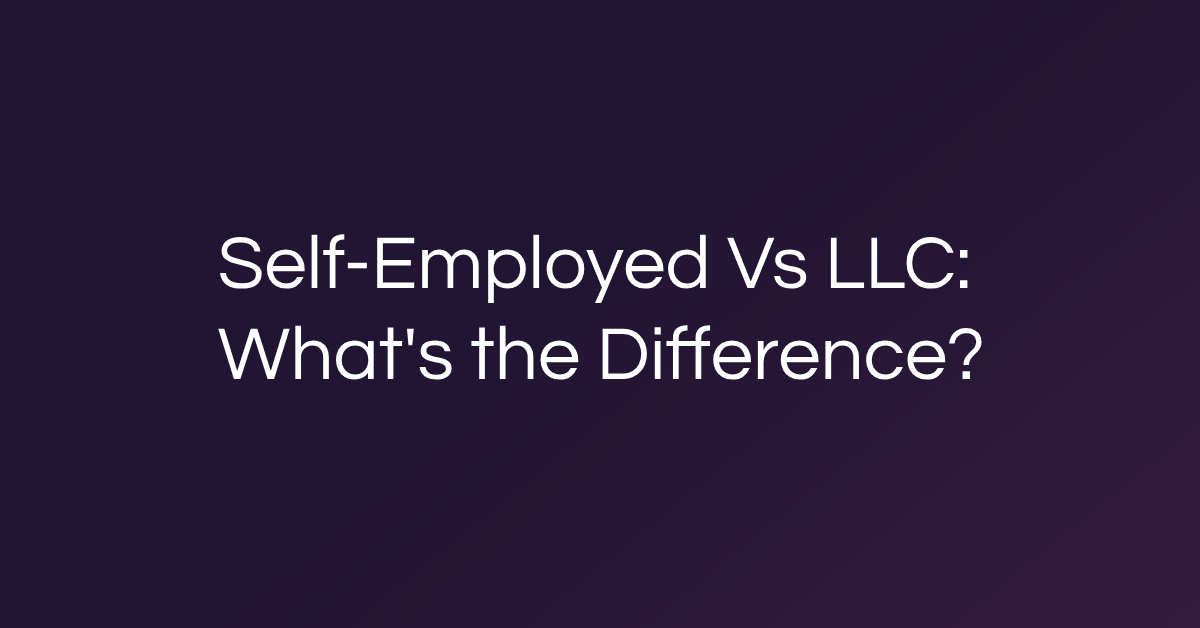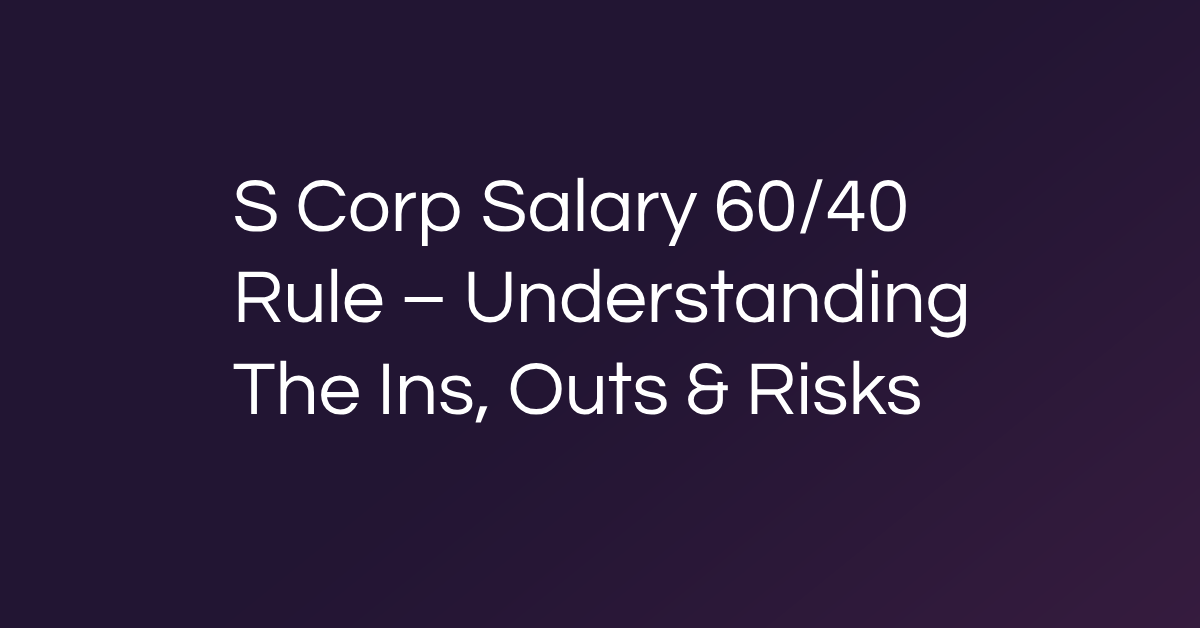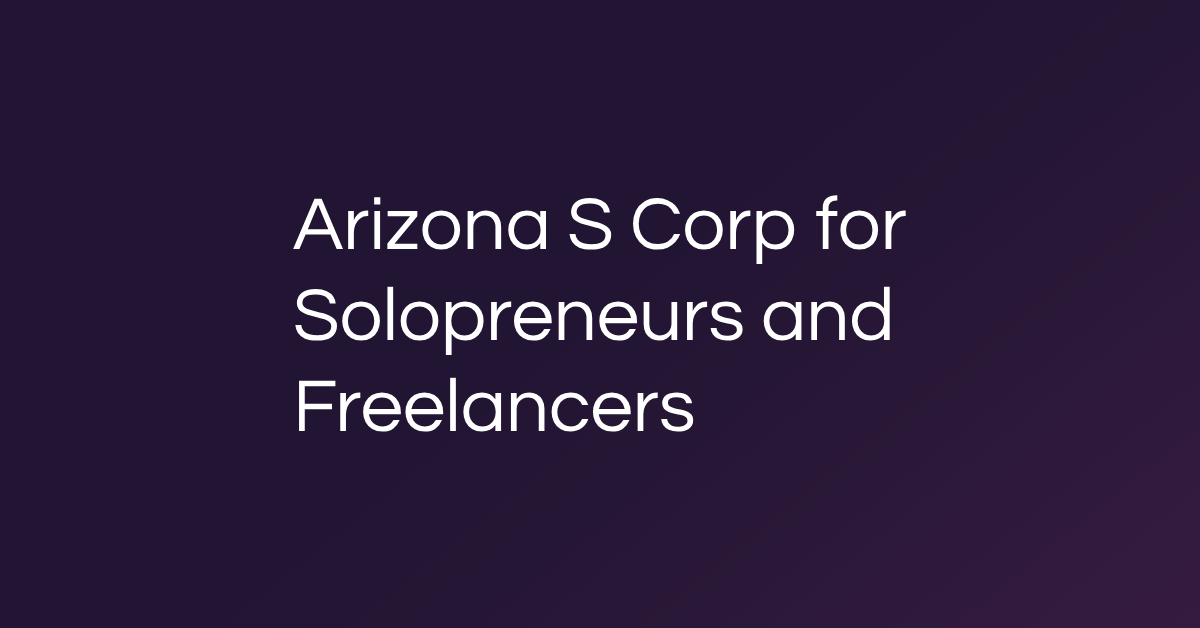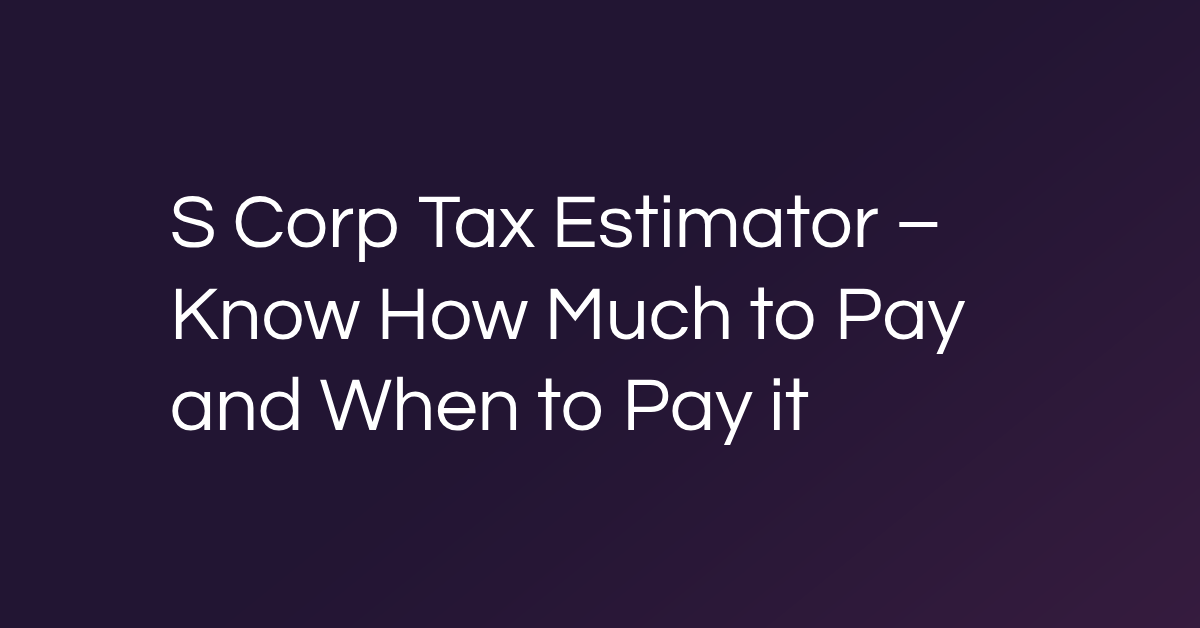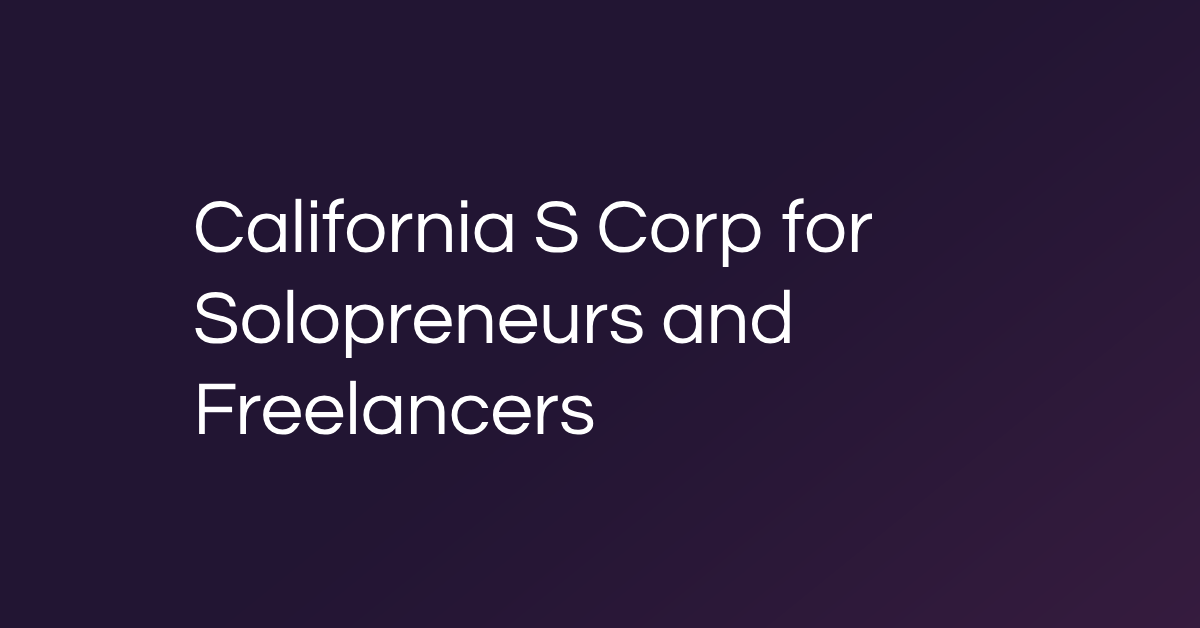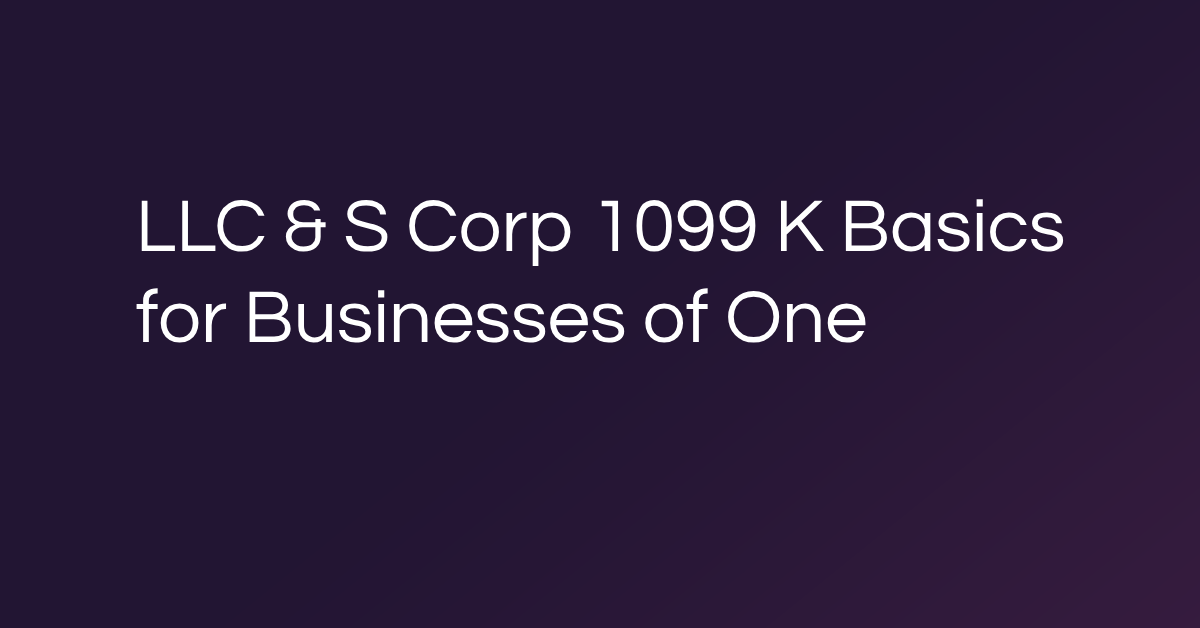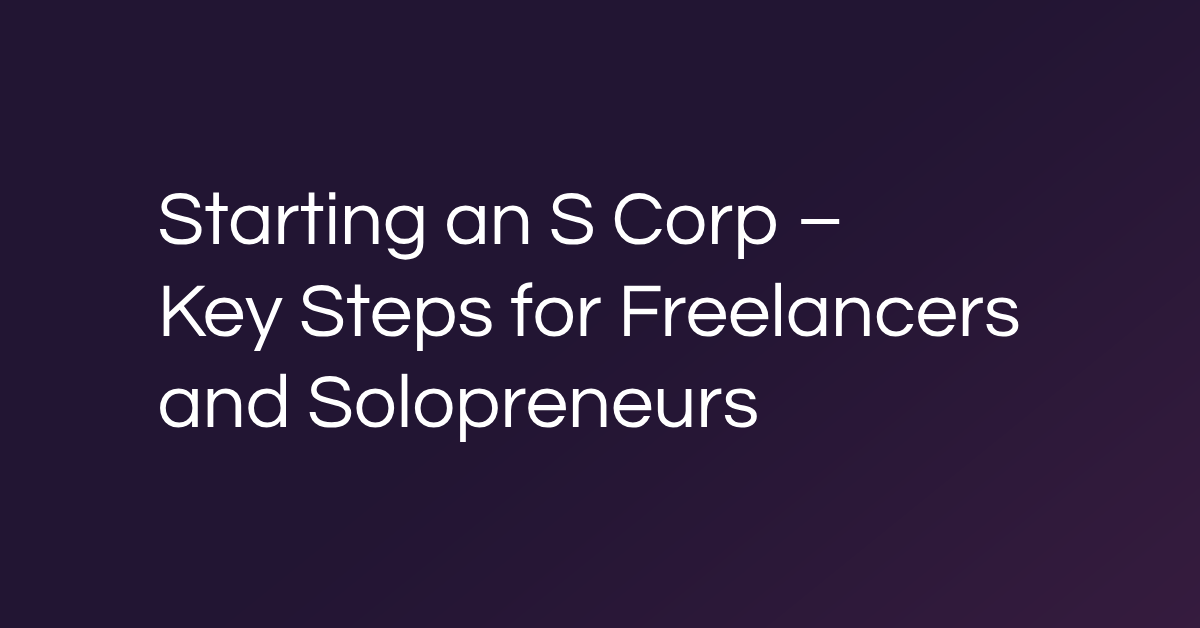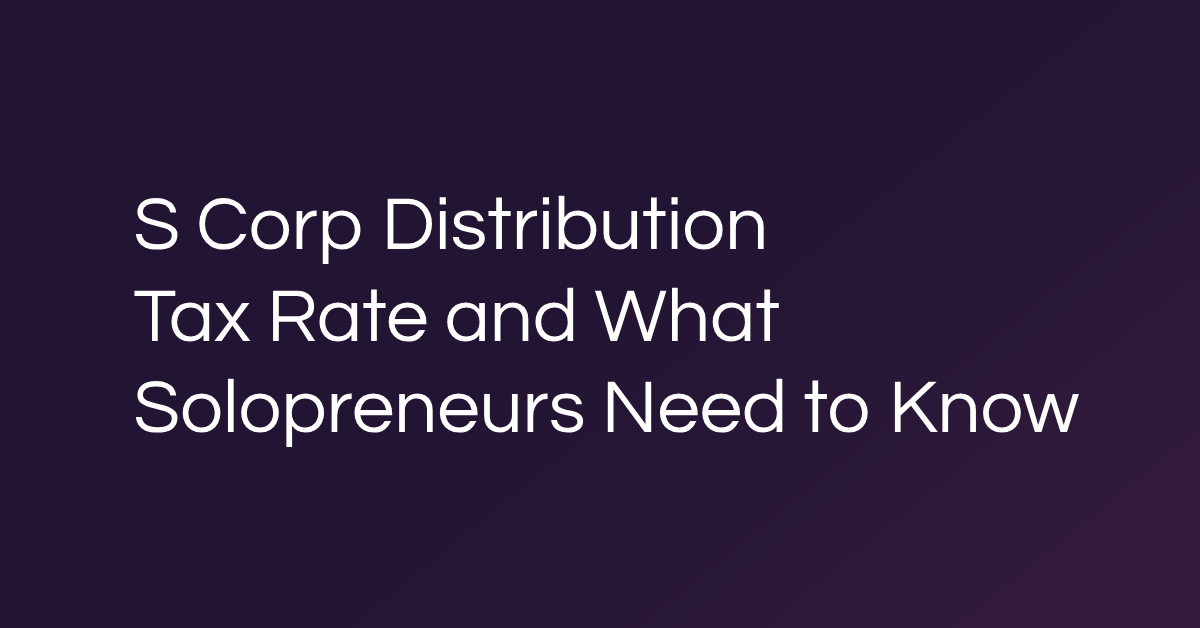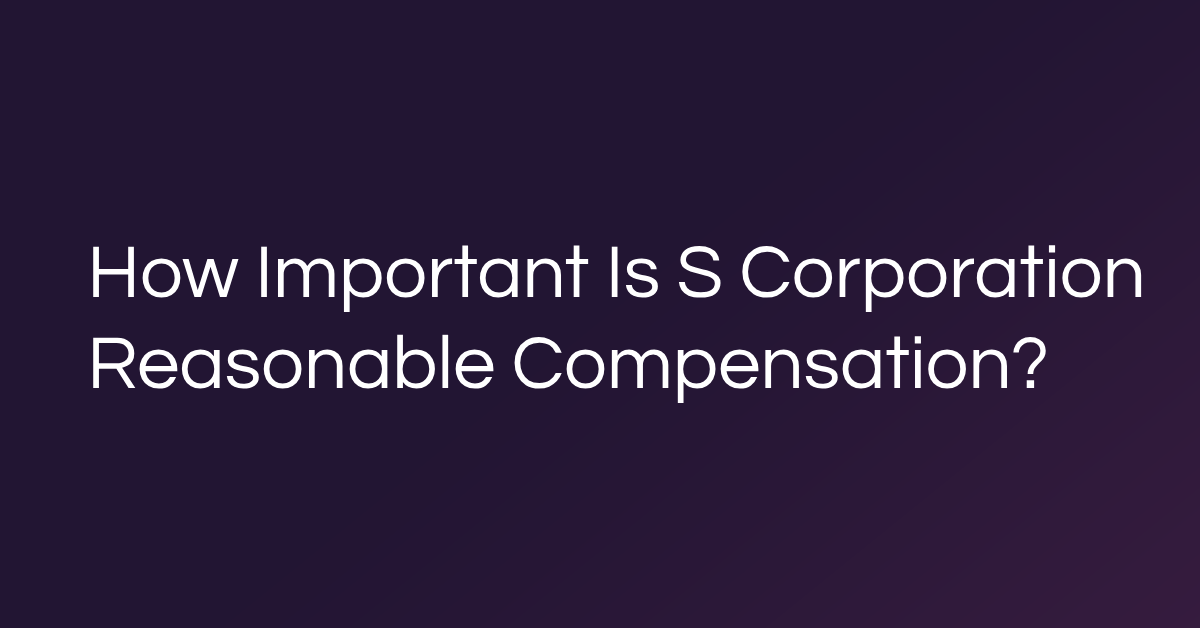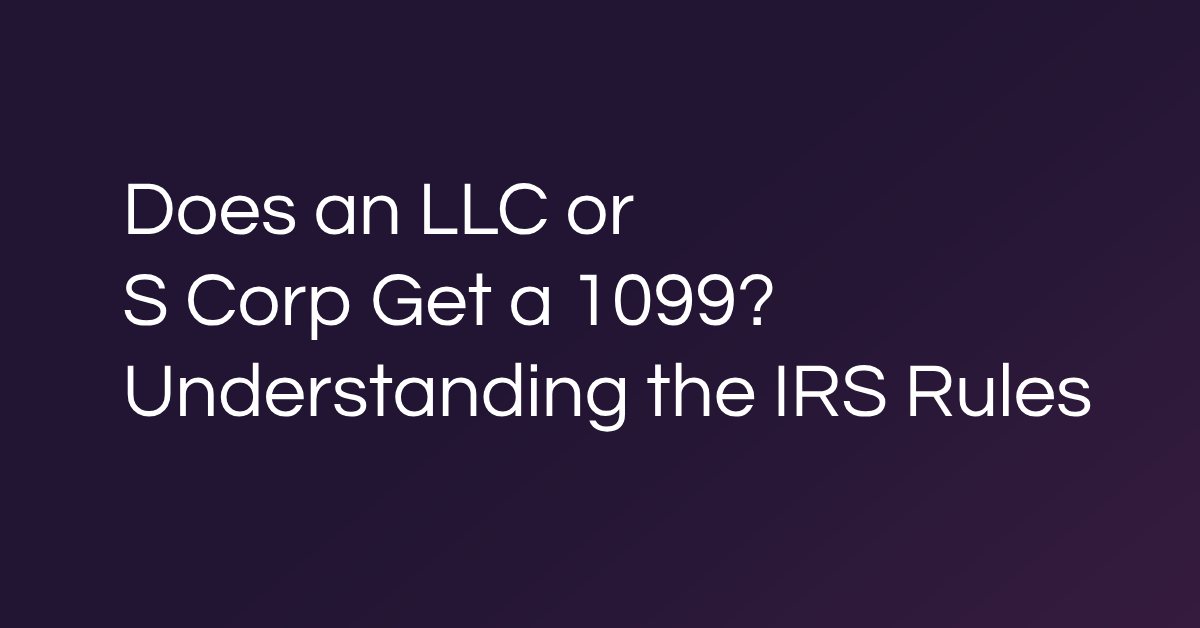Getting approved for a mortgage when you work for yourself takes more preparation, but it’s possible. Lenders may scrutinize your income more closely, but that doesn’t mean your dream home is out of reach.
If you’re transitioning from full-time employment to freelance or consulting work, you’re not alone. Many high-performing professionals are making the leap. With the proper documents and a solid system behind you, you can qualify for a home loan and still run your business on your terms.
Why it’s harder (but not impossible)
Traditional mortgage lenders typically prefer W-2s and steady paychecks, rather than variable income from client work or project-based contracts. That doesn’t mean you’re ineligible. It simply means presenting your finances in a way that lenders can understand.
Many self-employed professionals run successful businesses, but still face challenges when applying for financing. Some of the most common issues reported include a lack of collateral, incomplete records, or simply applying to the wrong institution.
The takeaway? Your income may be strong, but how you document and present it makes all the difference. Organizing your financials and applying through lenders familiar with small business applicants can dramatically improve your odds.
Risk perception by lenders
Lenders often view self-employed applicants as less predictable. They worry about income gaps, inconsistent tax filings, or a lack of reserves. The best way to offset this concern is to demonstrate long-term financial stability, characterized by steady income, clean records, and low debt-to-income ratios.
Income variability and documentation
Freelance income ebbs and flows, and lenders know it. That’s why clear documentation matters more than perfect consistency. Providing accurate P&L statements, bank records, and tax returns shows you have control over your finances. This approach helps you prove that irregular income can still be reliable.
What lenders look for
When reviewing mortgage applications from self-employed individuals, lenders require evidence of consistent income and responsible financial management. While the process may involve a few extra steps, knowing what to prepare helps streamline your path to approval.
Most lenders follow standard documentation guidelines. A strong organization makes a bigger impact than high income alone. Applicants with clean, well-maintained records stand out.
Two years of tax returns
Lenders typically require two years of personal and business tax returns to give them a clear picture of income trends and tax responsibilities. Aim for returns that show stable or increasing net income. Deductions are standard, but excessive write-offs can reduce your qualifying income on paper.
P&L statements and bank records
Profit and loss statements (P&Ls) and bank records validate self-employment income. Lenders look for consistency in monthly earnings and a clear connection between client payments and your accounts.
Keep your records clean by:
- Reconciling business transactions monthly
- Separating personal and business finances
- Saving updated P&L reports each quarter
Proof of ongoing contracts or retainers
Freelancers and consultants benefit from demonstrating future income. Signed contracts, retainers, or service agreements help prove your income will continue. This lowers the perceived risk of loaning to a self-employed borrower with variable earnings.
Types of mortgage options
Self-employed professionals have access to a variety of home loan types. The key is choosing one that aligns with your income structure and documentation style. While some require more paperwork, others are designed specifically for flexible earners.
Conventional vs government-backed loans
Traditional and government-backed loans are both available to self-employed borrowers, but they come with different requirements and benefits.
- Conventional loans: Typically require higher credit scores and a solid two-year income history
- FHA loans: Allow lower credit scores and smaller down payments, but involve stricter documentation
- VA and USDA loans: Available to qualifying individuals with service or rural eligibility, often with low or no down payment options
Bank statement-only loans
Bank statement loans offer flexibility for borrowers who don’t have clean tax returns but can show consistent income.
- Use 12–24 months of business or personal bank statements to verify income
- Typically require a larger down payment and a higher interest rate
- Best for freelancers with fluctuating income or aggressive write-offs
Tips for improving approval odds
Boosting your mortgage approval chances involves careful financial management:
- Maintain a high credit score and a low debt-to-income ratio
- Reduce unnecessary business deductions before applying
- Review your loan estimate to ensure it reflects what you discussed with the lender
How Besolo can help
Applying for a mortgage as a self-employed professional is easier when your finances are clean, consistent, and exportable. That’s exactly what Besolo helps you build. Our all-in-one platform provides solopreneurs with the tools to manage their income, track expenses, and stay compliant—all in one place.
Keep your business financials clean and exportable
Most mortgage applications fail the self-employed test because the paperwork is messy or incomplete. Besolo helps you avoid that. Your profit and loss statements, categorized income, and linked bank transactions are clean, accurate, and exportable on demand.
You don’t need to hire a bookkeeper or dig through receipts—everything lives in one place, ready when you need it. This makes it easy to demonstrate stable income and respond quickly to underwriter requests—two key factors in getting approved faster and with better terms.
Admin calendar for quarterly taxes and documentation
Late tax payments and missing documents are red flags to lenders. Besolo’s admin calendar keeps you on track year-round, reminding you of quarterly estimated taxes, essential filing dates, and documentation checkpoints. This isn’t just about compliance—it’s about showing banks you manage your finances proactively, just like a traditional business would.
Manage your solo income like a real business
Mortgage lenders want to see consistency, clarity, and long-term planning. Besolo gives you the tools to deliver all three. From built-in tax tools to retirement planning and payroll support, our platform helps freelancers manage their income like real business owners.
When paired with the Self-Employment OS, you get one dashboard that tracks what matters—so you can prove your income, forecast earnings, and file documents with confidence. The result? A professional financial profile that gets you closer to the keys to your next home.
Homeownership is within reach—even without a W-2
Getting a mortgage while self-employed takes more prep, but it’s absolutely possible. When your financials are clean, organized, and structured like a business, lenders take notice—and approval gets easier.
Besolo gives you the tools to make that happen. From tax tracking to documentation exports, our platform helps you stay mortgage-ready year-round. No scrambling. No guesswork. Just smart systems designed for self-employed professionals who are ready to own their future.
Don’t let your dream home feel out of reach. Besolo makes it easier to qualify on your terms. Get started today!


